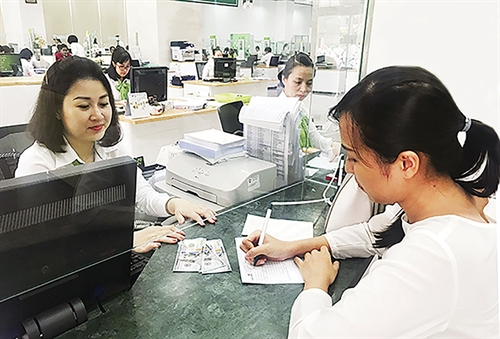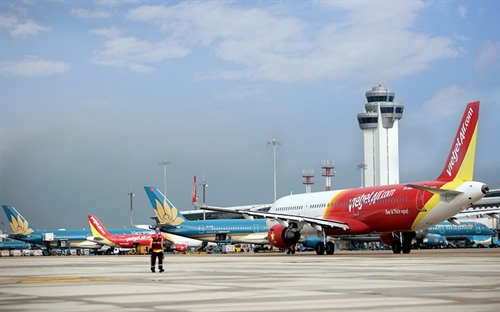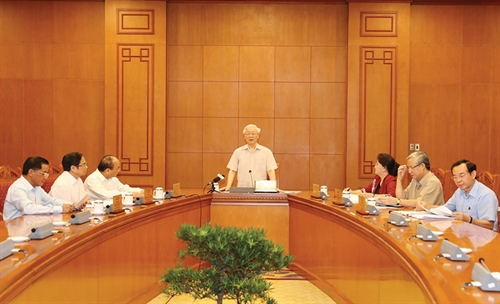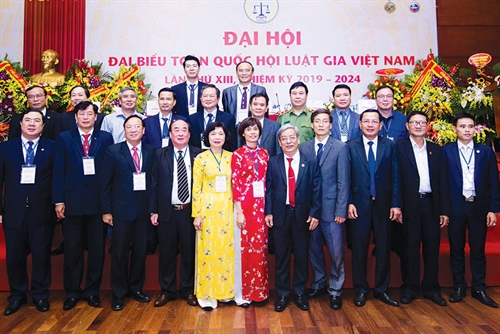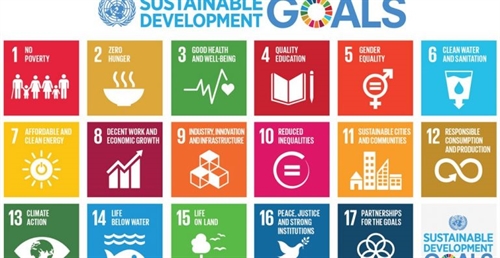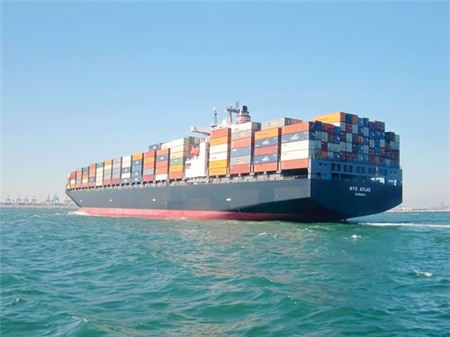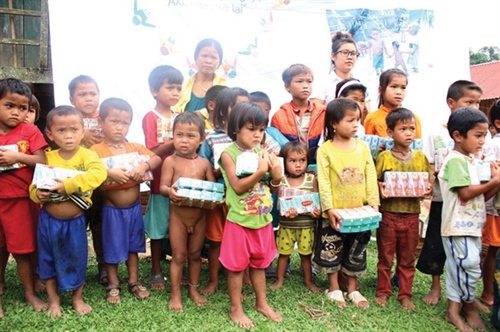Vietnam’s plastic waste discharged into the sea will be reduced by 75 percent by 2030. At the same time, the use of disposable plastic products in coastal tourist attractions and resorts as well as the disposal of used fishing nets into the sea will be totally stopped by that year.
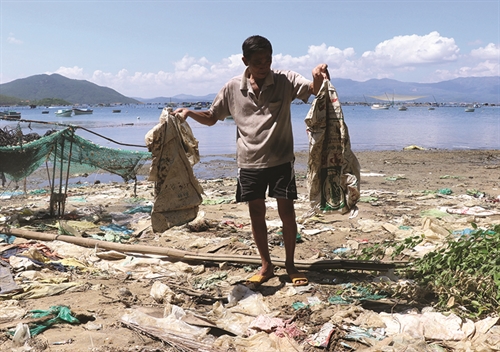 |
| Vung Chao beach of Phu Yen province is seriously polluted by plastic wastes__Photo: Pham Cuong/VNA |
Such targets are set forth in Prime Minister Decision 1746/QD-TTg which enacts the national action plan on at-sea plastic waste management through 2030.
The plan aims to effectively implement Vietnam’s commitments to addressing the problem of plastic waste, particularly plastic waste at sea, and preventing plastic waste discharge into the sea.
The plan is also expected to contribute to the successful implementation of the national strategy for solid waste management by 2025, with a vision to 2050, which was approved by the Prime Minister last year under Decision 491, and raise public awareness about harmful effects of disposable plastic products on the environment.
To that end, the action plan points out five major tasks, including (i) raising public awareness about changing consumer behavior in using plastic products and reducing at-sea plastic wastes (ii); collecting, sorting out, transporting and treating at-sea plastic wastes; (iii) controlling plastic wastes at source; (iv) undertaking international cooperation in transferring technologies for treating at-sea plastic wastes; and (v) conducting research and building a mechanism to effectively manage at-sea plastic wastes.
Under the action plan, ministries and relevant agencies will monitor and supervise the implementation of regulations on collecting and treating plastic wastes generated from marine economic activities, including sea tourism and services, marine economy, petroleum and marine mineral resource exploitation, marine fishing and aquaculture, and oceanic energy generation, especially in 12 island districts nationwide.
The Prime Minister asks the Ministry of Natural Resources and Environment to work with authorities of coastal provinces and municipalities to develop and pilot models for managing, reducing and eventually stopping the use of disposable plastic products and hard-to-degrade plastic bags in coastal areas.- (VLLF)
